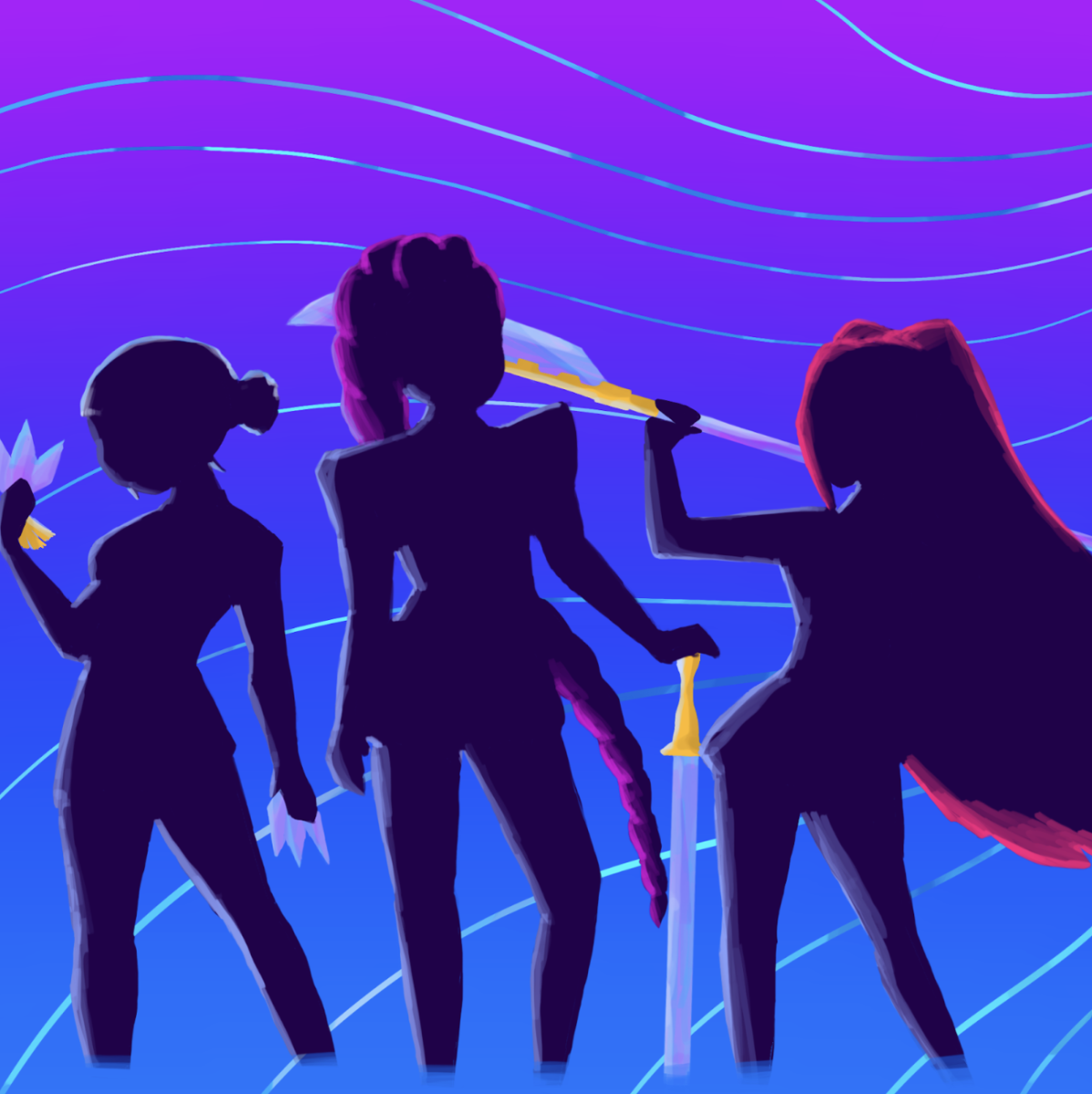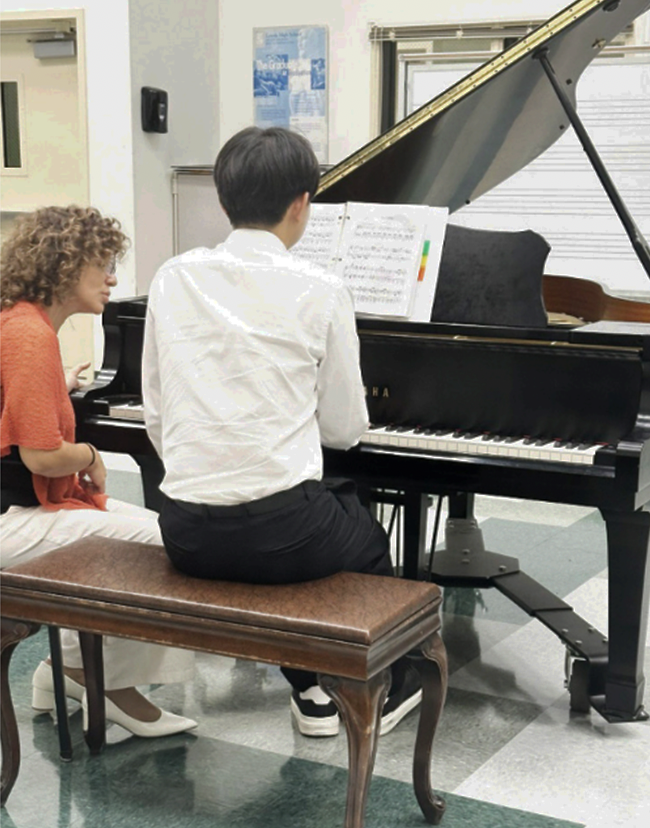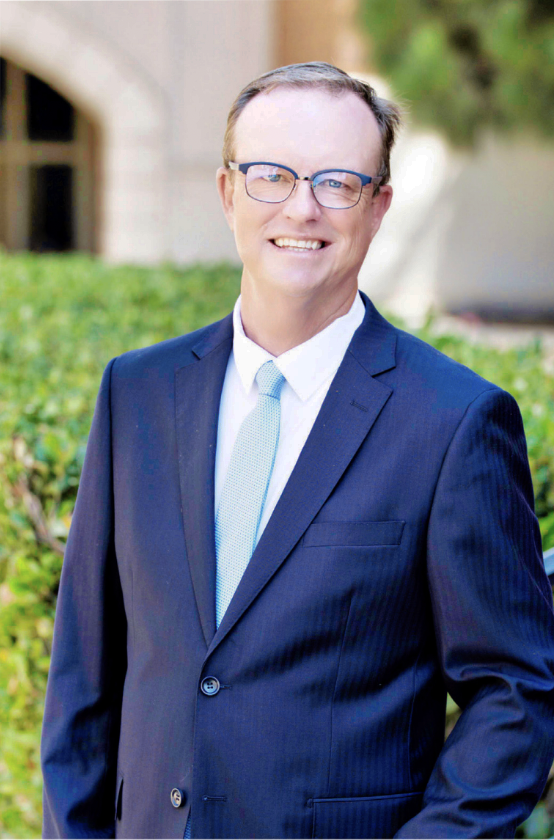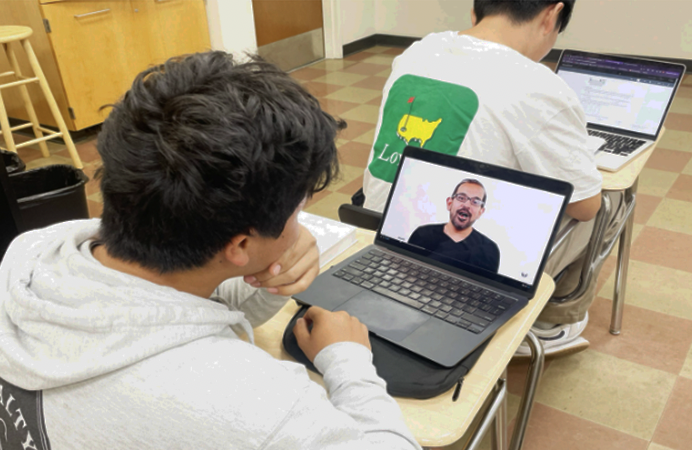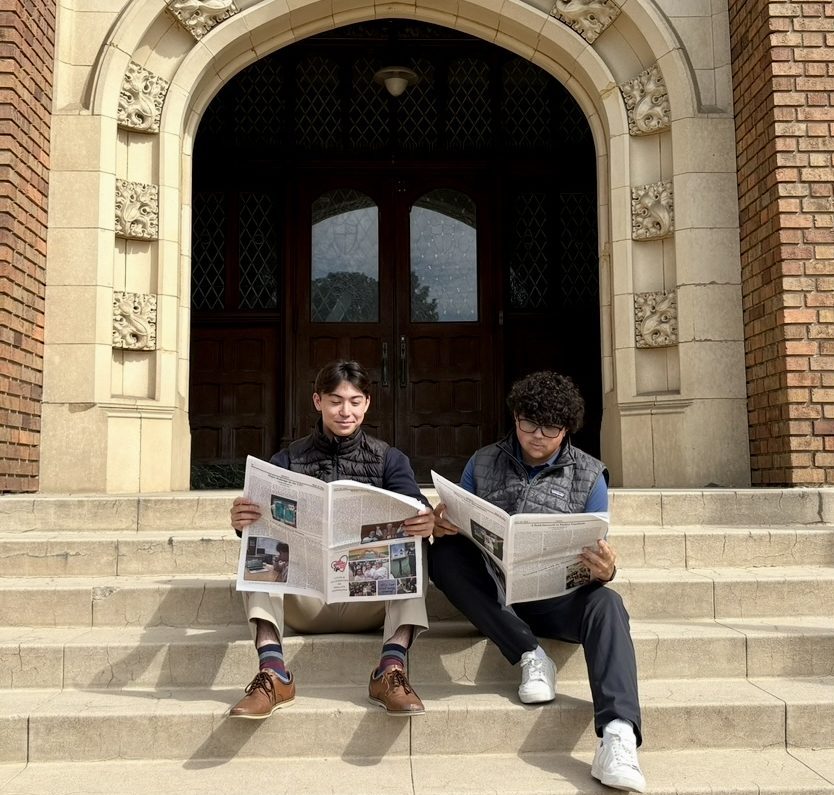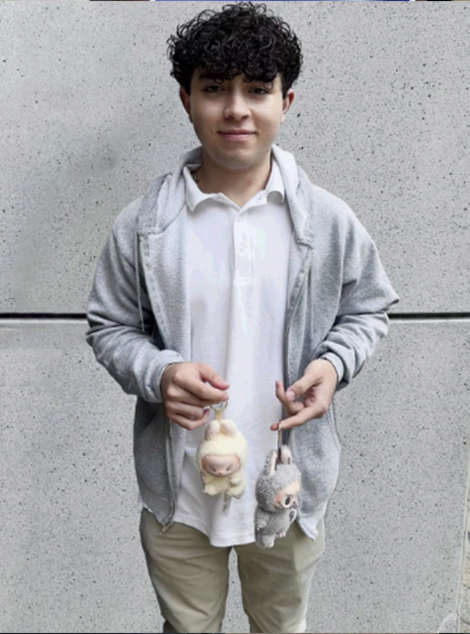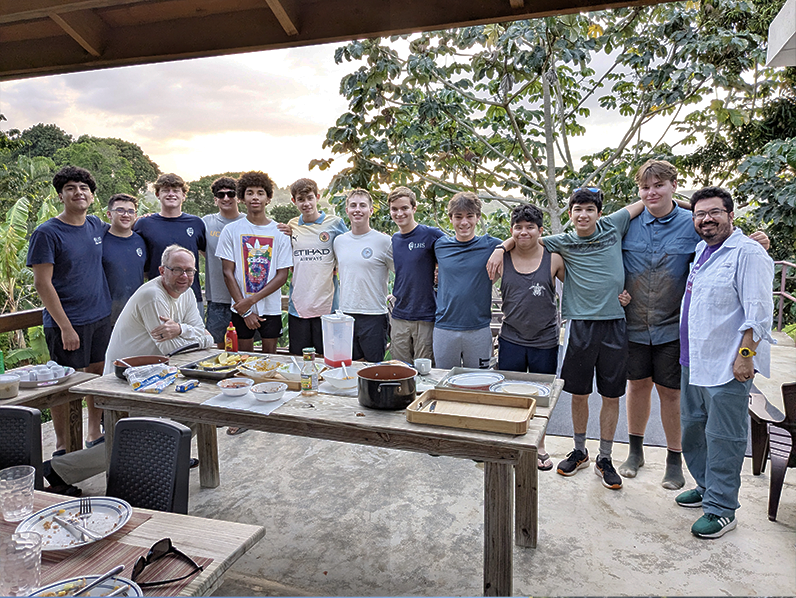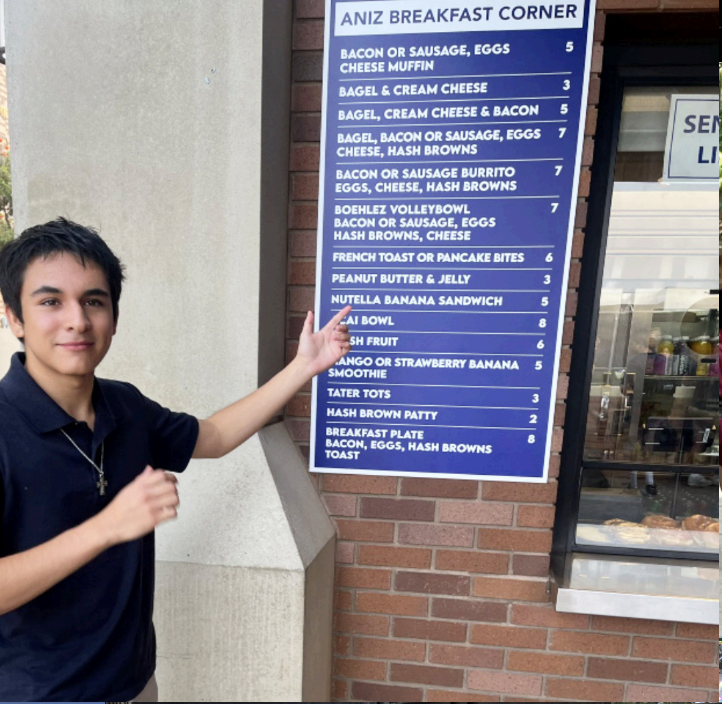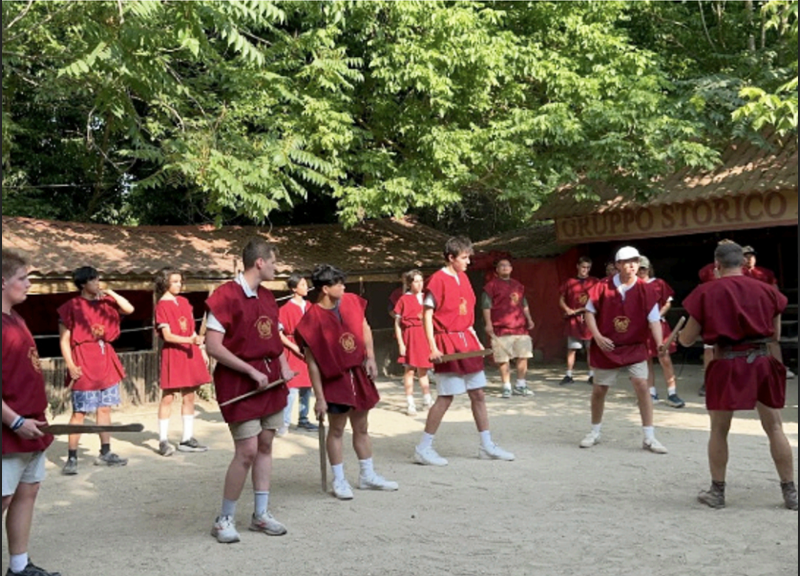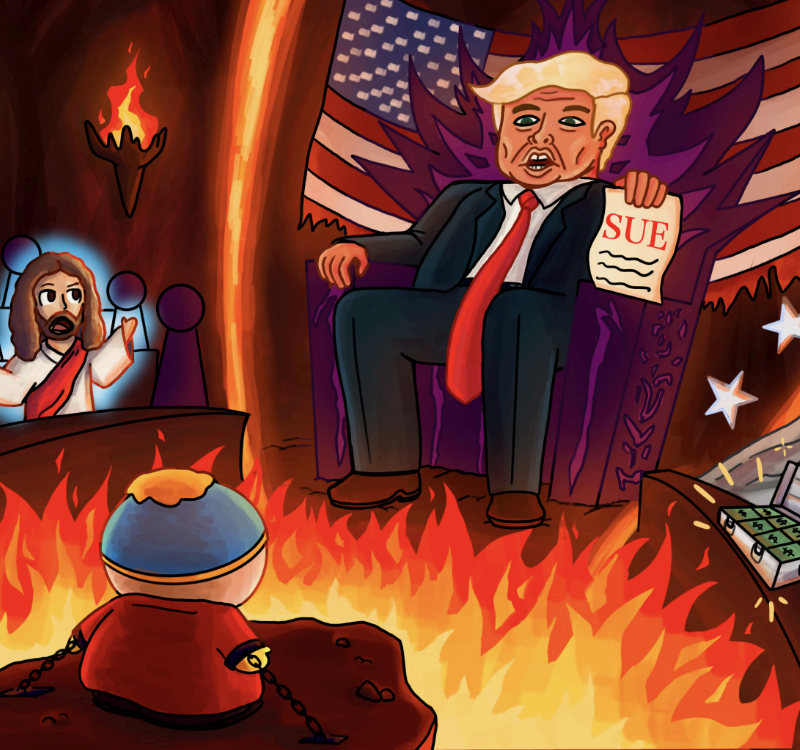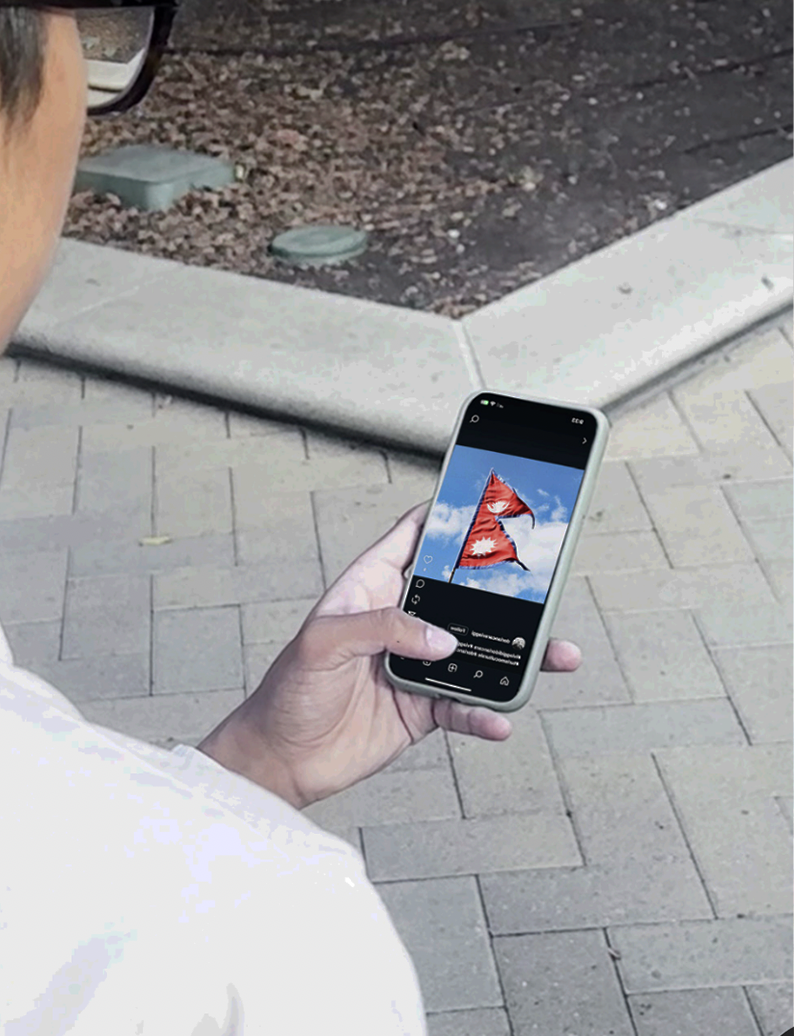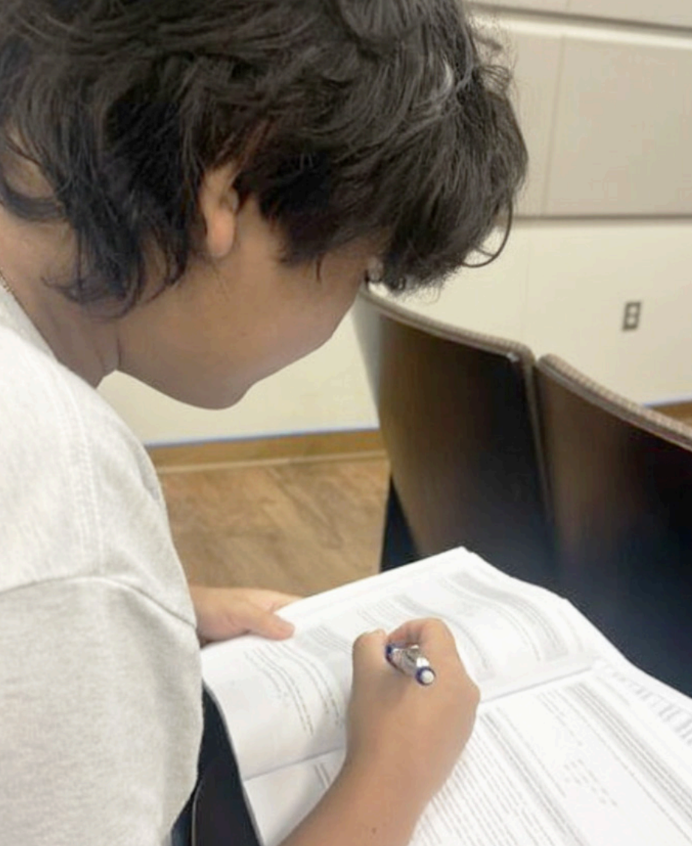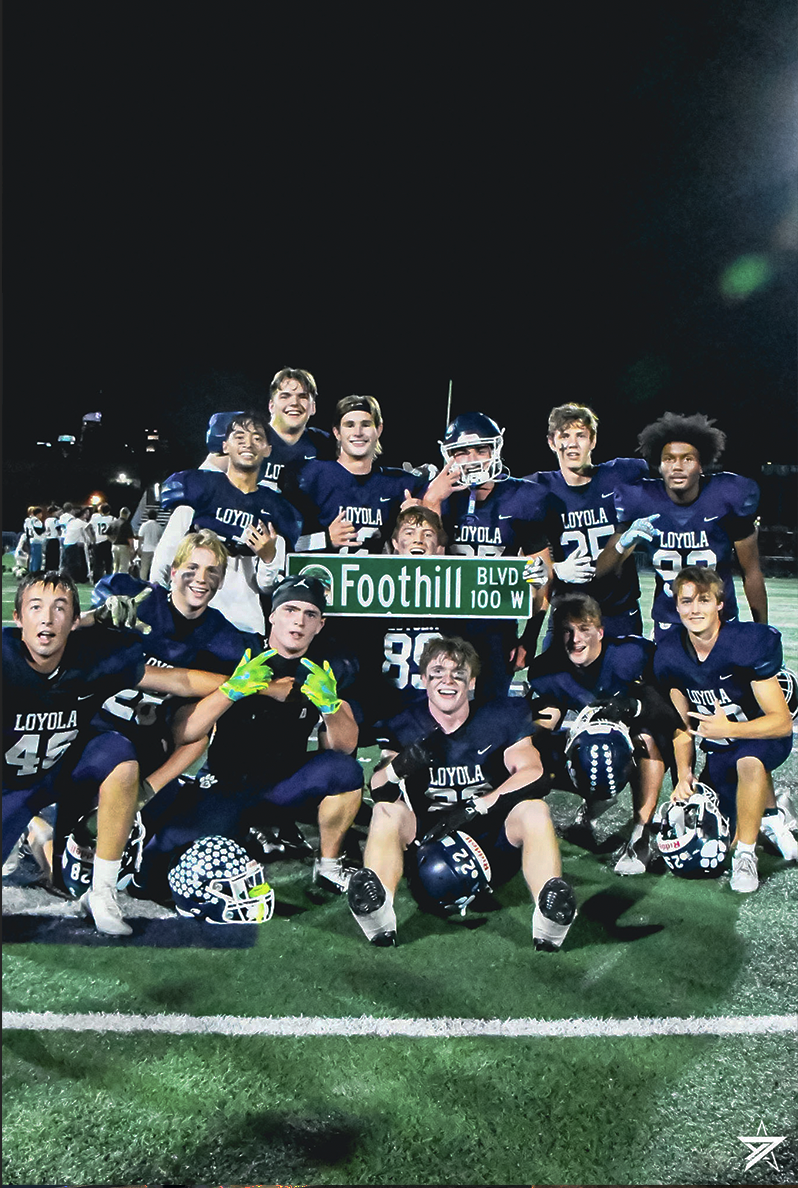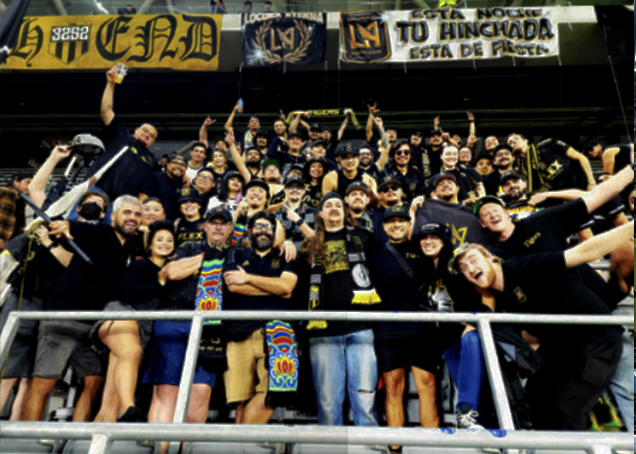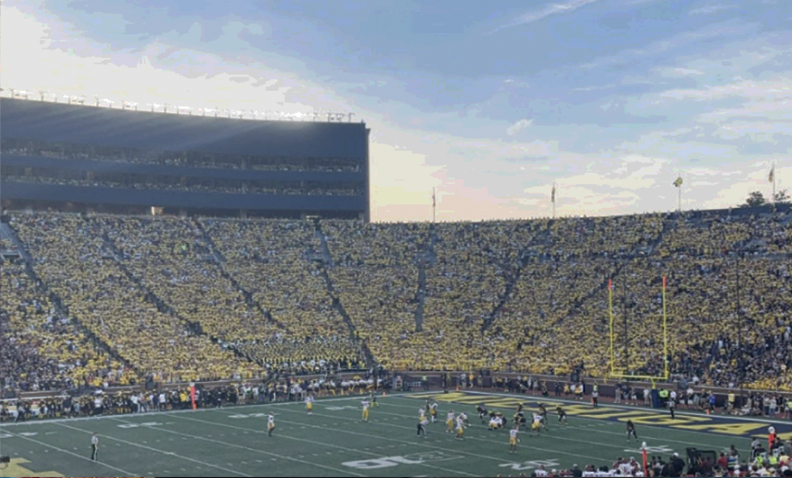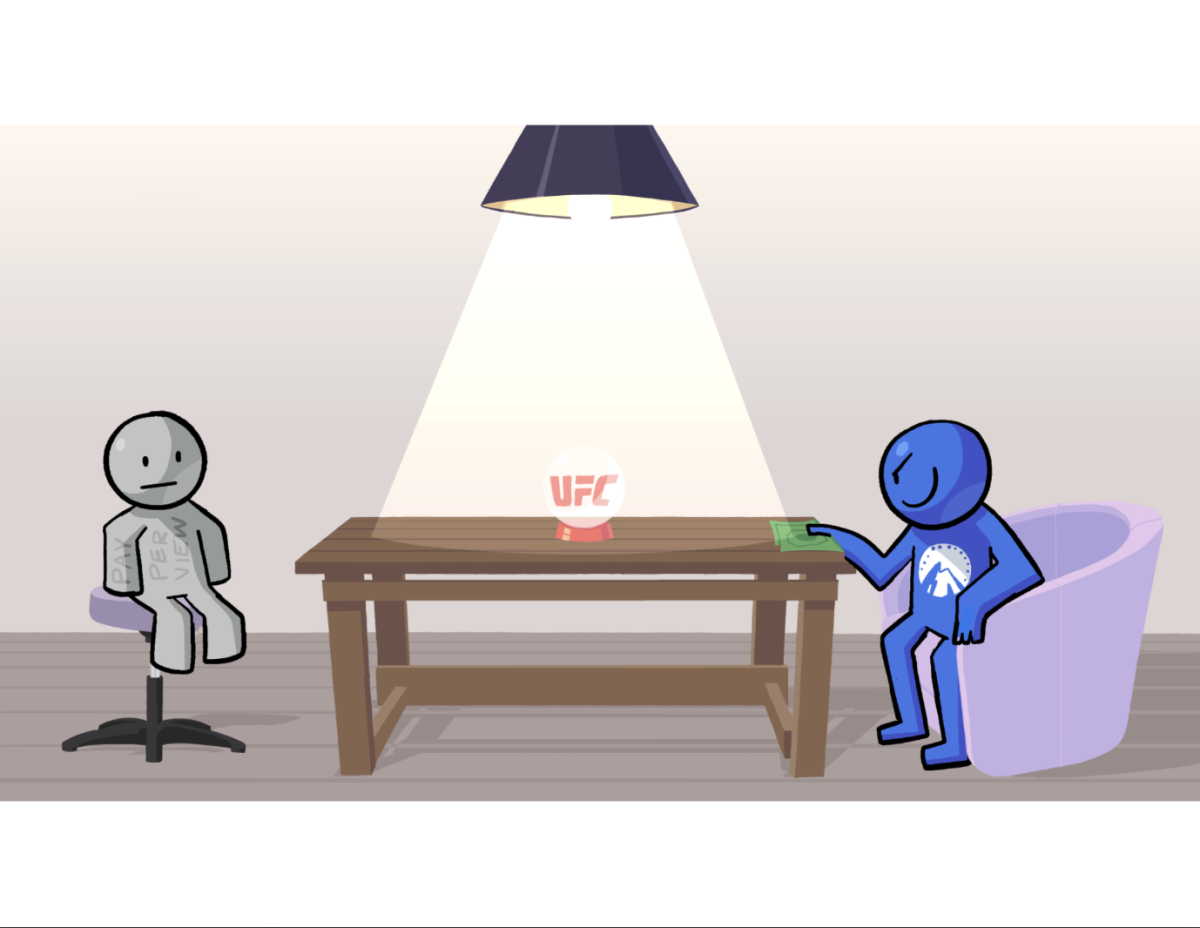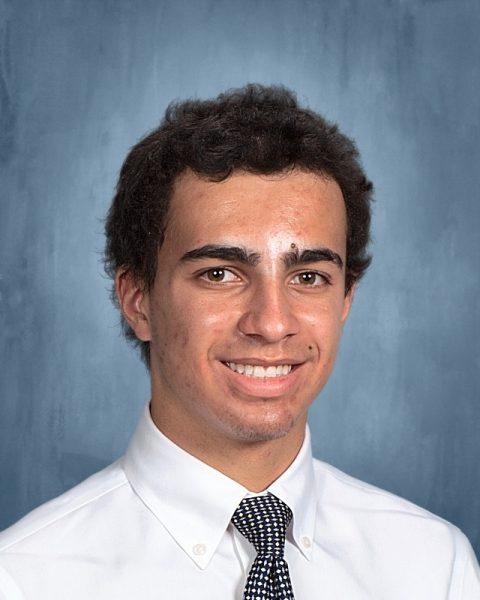As AI becomes more prevalent in education, schools are seeking ways to respond, and Loyola has chosen to emphasize student accountability and ethical use. English teacher Sarah Gacina says AI has changed how students approach writing and critical thinking: “We are in a tricky spot, because the temptation to use it is stronger than anything we have ever seen. It’s so available and so much easier. And if we don’t find a way to teach and assess critical thinking, then the students aren’t getting the education they think they are getting,” she says.
At orientation in mid-August, Academic Principal Robert Gorr announced that, from now on, every assignment, quiz and test must be submitted with the Loyola Honor Pledge attached, typed or handwritten. The pledge reads:
“As a man of high integrity, I have neither given nor received unauthorized aid on this assignment.”
When asked about the motivation behind implementing this policy, Gorr had this to say. “Essentially, it’s so students will take ownership of their work, and that there is an authenticity to what they are submitting. In the world of AI, we want students to take ownership of their learning.”
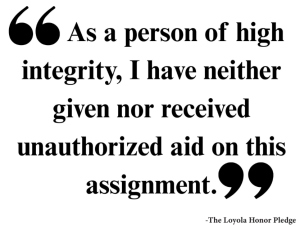
While Gorr’s statements resonate with many, the Loyola community remains at a crossroads regarding what constitutes “ethical AI usage” and what is prohibited. According to the Loyola Parent Student Handbook, students may use AI for research, exploring ideas or assisting with writing, as long as they cite it and explain its role in their work. Teachers have emphasized that this distinction is crucial, since AI can either strengthen a student’s voice or erase it entirely depending on how it is used. The policy makes clear that AI should enhance, not replace, a student’s own thinking. Any use for cheating, plagiarism or altering document history is prohibited, and copy-and-paste use is not allowed without a teacher’s permission.
When asked about the deeper habit or mindset the administration is trying to instill, Gorr said, “It’s not meant to be punitive; we are just ensuring students understand that their work is their own and they should take pride in what they do. This is a statement of authenticity, but more so of pride, where they can say it is their work and they are proud to turn it in.”
But the real question is, will this policy be enforced, or will it just become an empty ritual? When asked about his thoughts on this, Ryan Damasco ‘26 said, “I think it’ll just be something students do for a little while and then ignore, and eventually the teachers will forget about it. Most of my teachers haven’t even had us use it yet.”
As AI reshapes the classroom, the real test will be whether students internalize its lessons or simply follow the rules. Will Loyola’s approach prepare them for meaningful learning, or is it just a temporary measure? Only time will tell as the pledge becomes either a cornerstone of integrity or another forgotten signature line.


